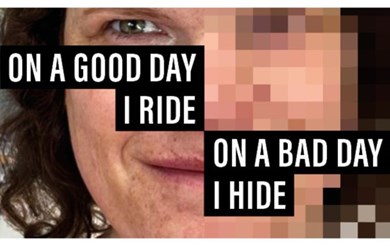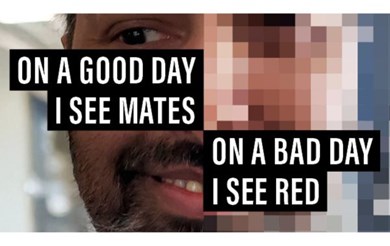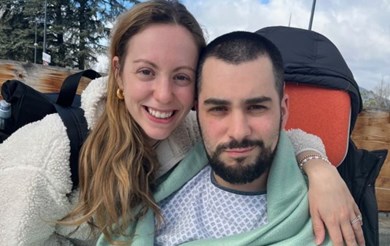Response from Government
The UK Government minister responsible for Acquired Brain Injury has responded to a letter from Headway’s Chief Executive highlighting the funding crisis facing brain injury charities, as illustrated by our When Funding Fails report.
The report made clear the immense and unsustainable pressure on local Headway charities that are providing specialist brain injury rehabilitation and reablement services on behalf the state. It highlighted that several have had to close in recent years, with many more on the brink of closure.
The charity made four requests of government to help ease the crisis and ensure the survival of community-based services. These were to fund training for local authority and ICB commissioners; to increase funding; to reduce waiting times for needs assessments; and to ensure local authorities and ICBs pay the charities on time.
Responding to the report, Minister Ashley Dalton thanked us for our work supporting brain injury survivors. She also committed to working with us to develop the government’s ABI Action Plan due to be published later this year.
Minister Dalton wrote: “We recognise the valuable work that Headway does in raising awareness of brain injury, supporting individuals and their families, providing specialist rehabilitation and reablement services and offering respite care. We understand these are financially difficult times for many voluntary and charitable organisations, such as Headway, due to a range of pressures.”
Unfortunately, the minister provided no reassurance in relation to the precipitous financial situation facing many Headway charities. Whilst she referenced an increase in resource spending for the Department of Health and Social Care in 2025/26, the minister pointed to Integrated Care Boards (ICBs) having responsibility for local funding decisions.
Headway’s Chief Executive, Luke Griggs, responded by saying that “Whilst it is true, ICBs are responsible for making local spending decisions based on the needs of their local population, what the government’s response fails to acknowledge is the lack of available funds that ICBs have available to them.
“ICBs themselves see the desperate need for services like brain injury rehabilitation in their local communities, but they unable to protect essential service providers like Headway charities as there are simply too many competing priorities. This impact is being felt daily, not only by Headway charities, but by brain injury survivors and families for whom this support is simply invaluable.”
“We do appreciate the Minister’s commitment to an ABI Action Plan as well as reference to working with Headway on shaping the plan.
“However, local Headway charities are already under serious financial strain, and urgent action is needed to support services.
“Unless additional support is provided immediately, the community-based services that will be central to the government’s ABI Action Plan will simply not exist.”
When Funding Fails report
The Headway When Funding Fails report surveyed the network of local Headway charities, asking how the crisis in health and social care funding was affecting them and the brain injury survivors and families they support.
Only 37% thought that their Headway charity would be sustainable in the long term (5 years or more). Reasons for not being sustainable included; public sector financial pressures, difficulties staying afloat amidst a cost-of-living crisis, rising operational costs and unstable, unsustainable and inconsistent commissioning practices.
The report was published at the start of July. This was followed by the All-Party Parliamentary Group for Acquired Brain Injury’s reception in parliament where our Chief Executive spoke to parliamentarians and stakeholders about the findings of the report.
Back











